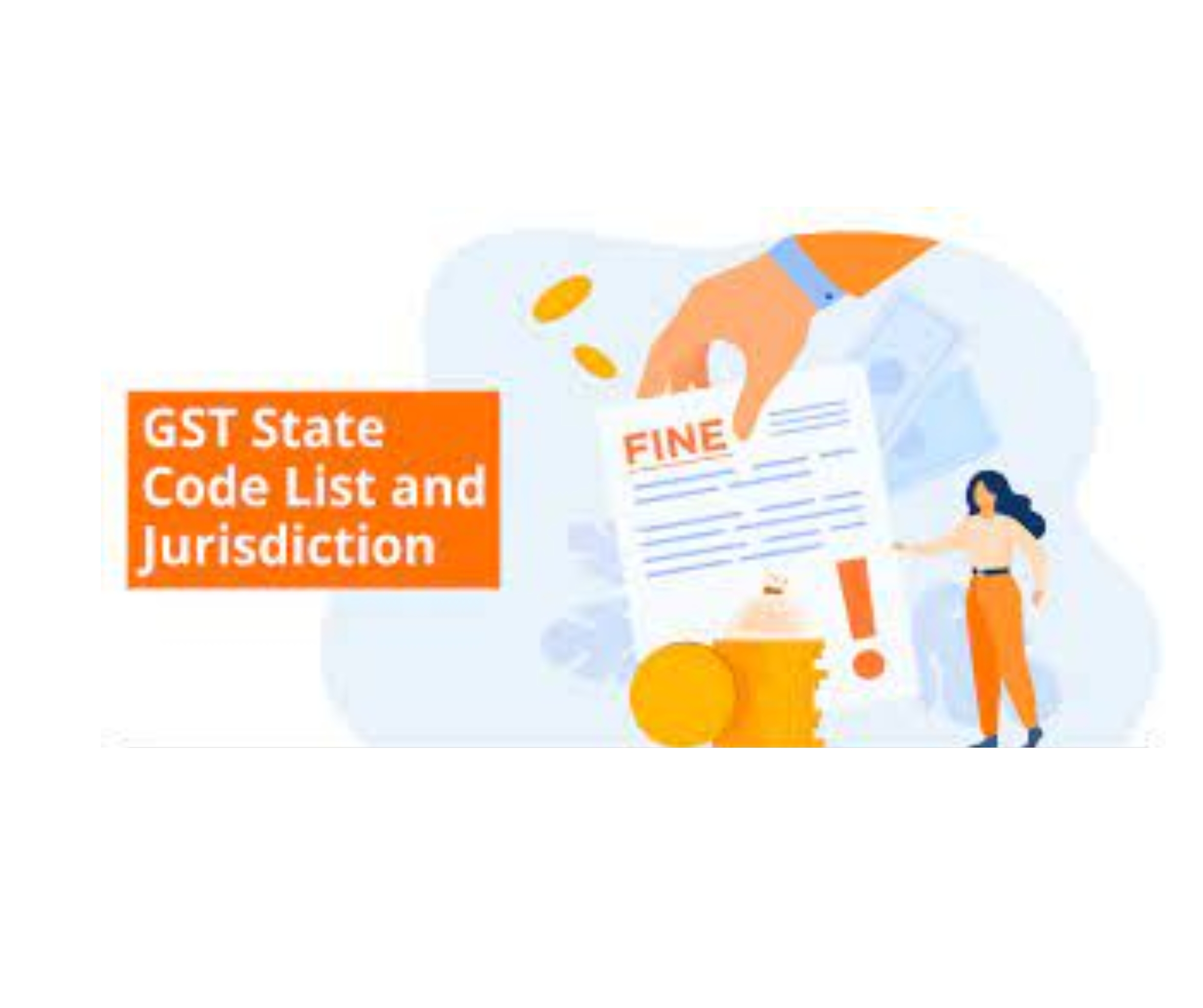
How Can I Change the State Jurisdiction in GST?
User Intent
Businesses and individuals registered under the Goods and Services Tax (GST) in India may need to change their state jurisdiction due to various reasons such as business relocation, expansion, or operational restructuring. This article will guide users on the process, benefits, limitations, and implications of changing the state jurisdiction in GST while providing a comparative analysis for better understanding.
Introduction
GST is a unified tax system in India that categorizes businesses under specific state jurisdictions based on their principal place of business. However, businesses may sometimes need to shift their operations from one state to another, necessitating a change in GST state jurisdiction. This process involves migrating the GST registration from the old state to the new one while ensuring compliance with tax laws and minimizing disruptions to business operations.
Definition of State Jurisdiction in GST
In GST, state jurisdiction refers to the geographical area under which a taxpayer is registered and monitored by the tax authorities. The jurisdiction is determined based on the principal place of business mentioned in the GST registration certificate. Each taxpayer falls under either a central jurisdiction (monitored by the Central Board of Indirect Taxes and Customs, CBIC) or a state jurisdiction (monitored by the respective state GST department).
Application Process for Changing State Jurisdiction in GST
Step 1: Cancel Existing GST Registration
Since GST registration is state-specific, a taxpayer cannot transfer an existing registration from one state to another. Instead, they must cancel the current registration and obtain a new one in the new state. The steps for cancellation are:
- Log in to the GST portal (www.gst.gov.in).
- Navigate to “Services” > “Registration” > “Application for Cancellation of Registration.”
- Select the appropriate reason for cancellation (e.g., “Change of business place to another state”).
- Submit the required details and documents.
- Await approval and cancellation confirmation from the GST authorities.
Step 2: Apply for New GST Registration in the New State
After canceling the existing registration, apply for a new one in the new state:
- Log in to the GST portal and click on ﻗRegister Nowﻗ under ﻗNew Registration.”
- Enter details such as PAN, business name, and address in the new state.
- Upload necessary documents (e.g., proof of business address, ID proof, bank details).
- Complete the verification process using Aadhaar authentication or Digital Signature Certificate (DSC).
- Submit the application and track the status for approval.
Step 3: Update Business Records and Compliances
After obtaining the new GST registration, businesses must:
- Update invoices and e-way bills with the new GSTIN.
- Inform vendors and customers about the updated registration details.
- File final returns for the old GST registration and begin fresh compliance under the new one.
Benefits of Changing State Jurisdiction in GST
- Legal Compliance: Ensures adherence to tax laws applicable to the new business location.
- Seamless Business Operations: Allows businesses to operate legally in a new state without facing penalties.
- Correct ITC Claims: Ensures accurate claiming of Input Tax Credit (ITC) based on the state-wise GST structure.
- Avoidance of Penalties: Reduces the risk of legal action and penalties for operating in a state without valid GST registration.
Usage and Applicability
The process of changing GST state jurisdiction is applicable in the following scenarios:
- Business relocation due to expansion or operational needs.
- Change in the principal place of business within India.
- Mergers, acquisitions, or business restructuring requiring a shift in base location.
- Closure of business in one state and reopening in another.
Limitations and Challenges
- No Direct Transfer: GST does not allow direct jurisdiction transfer; businesses must cancel and re-register.
- Possible Business Disruption: Temporary discontinuation of GSTIN during the transition period may affect transactions.
- Compliance Burden: Requires additional documentation, return filings, and notifications to stakeholders.
- Potential ITC Loss: Unutilized ITC from the previous state may not be transferable, leading to financial implications.
Comparative Table: GST State Jurisdiction Change vs. Other Jurisdictional Changes
| Aspect | GST State Jurisdiction Change | GST Central Jurisdiction Change | GST Commissionerate Change (Within Same State) |
|---|---|---|---|
| Applicability | Moving business to another state | Change in control from State to Central GST authority | Change in local GST office jurisdiction |
| Registration Requirement | New registration needed | No new registration required | No new registration required |
| ITC Transfer | Not allowed | Allowed | Allowed |
| Compliance Complexity | High | Moderate | Low |
| Processing Time | Longer (New registration process) | Shorter | Shorter |
Conclusion
Changing the state jurisdiction in GST is essential for businesses relocating to another state. Although the process requires canceling the old registration and obtaining a new one, it ensures compliance with GST laws and allows businesses to operate seamlessly in their new location. While the transition involves certain limitations, such as potential ITC loss and compliance requirements, proper planning and timely execution can minimize business disruptions. For businesses planning inter-state relocation, understanding the procedural and regulatory aspects of GST jurisdiction change is crucial for smooth operations.
![Latest GST State Code List & Jurisdiction [2024] | IIFL Finance](https://www.iifl.com/files/iifl_insights/images/GST-State-Code-List-and-Jurisdiction-1500.webp)
FAQs:
For further details access our website https://vibrantfinserv.com/
To Visit https://www.gst.gov.in/
Contact:ﺡ ﺡ ﺡ ﺡ 8130555124, 8130045124
Whatsapp:ﺡ ﺡ https://wa.me/918130555124
Mail ID:ﺡ ﺡ ﺡ ﺡ ﺡ ﺡ operations@vibrantfinserv.com
FB Link:ﺡ ﺡ ﺡ ﺡ ﺡ ﺡ https://fb.me/vibrantfinserv
Insta Link:ﺡ ﺡ https://www.instagram.com/vibrantfinserv2/
Twitter:ﺡ ﺡ ﺡ ﺡ ﺡ ﺡ https://twitter.com/VibrantFinserv
